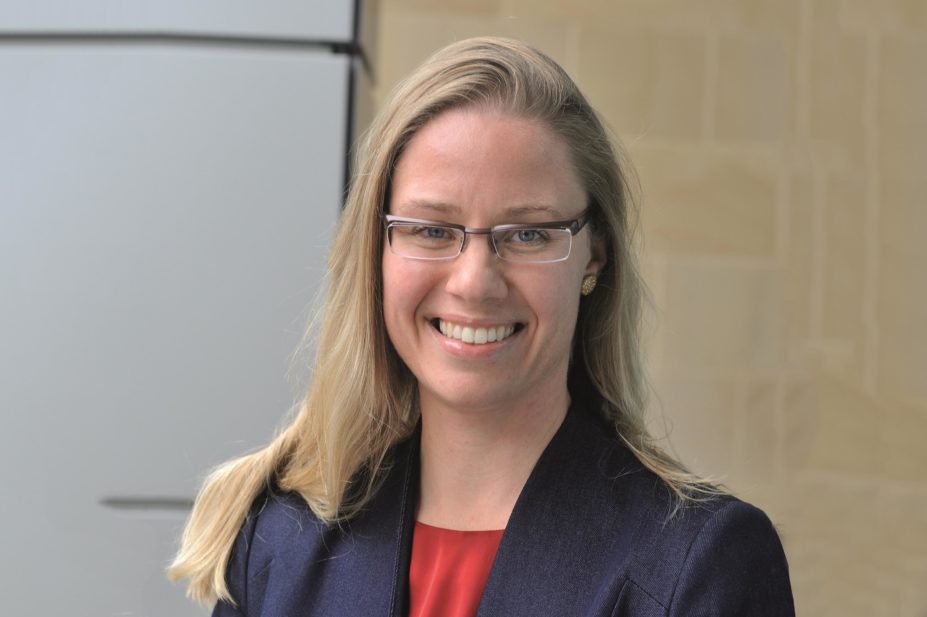
RPS Scotland
The forthcoming elections to the Scottish Parliament on 5 May 2016 will inevitably result in a number of new faces appearing in the debating chamber, as almost 20% of MSPs are not standing for re-election.
This is potentially a great loss to the pharmacy profession as the Royal Pharmaceutical Society (RPS) in Scotland has spent its first five years of existence developing constructive relationships with many of these individuals. None mentioned, none forgotten, the RPS in Scotland pays tribute to the many MSPs who have been supportive of the pharmacy profession and its ambitions over the past years.
However, this change also represents real opportunities for highlighting how pharmacists currently contribute to patient care and how future models of delivering pharmaceutical care will deliver greater benefits to candidates, and after the election, to new MSPs.
The dissolution of the Scottish Parliament means we are now in the ‘pre-election period’. Scottish Government ministers remain in post in a caretaking role until a new government is formed, but are prevented from announcing new initiatives or funding before the election. The pre-election period also marks the beginning of weeks of campaigning ahead of election day and gives RPS Scotland and its members an opportunity to engage with their local MSP candidates.
Informed by Scottish RPS members, the Scottish Pharmacy Board launched its manifesto ‘Right Medicine – Better Health – Fitter Future’ in January 2016. The manifesto sets out what we believe the next Parliament should do to improve pharmaceutical care provided to people in Scotland – in short our ‘wish list’. The Scottish team has engaged across the political spectrum to influence forthcoming manifestos and gain support for our ‘asks’. We have met with the main political parties and engaged extensively with current MSPs and MSP candidates at their party conferences. To date we have had 14 MSPs/MSP candidates sign up to the manifesto pledge, most of which have been gained via meetings at party conferences. Over the coming weeks we will be working closely with members to facilitate MSP candidate visits to pharmacies across the country. We will be asking those candidates to sign the pledge and express their support for the pharmacy profession.
Conversations with MSPs and candidates have been positive and constructive so far in terms of how they view pharmacists’ current and future role in our NHS. However, as is the case with politics, circumstances can quickly change. We therefore need to keep pharmacy high on the national and local political agenda to ensure that these conversations bring about beneficial changes to patients and the pharmacy profession. For example, at our recent pharmacy visit with Shona Robison MSP, the cabinet secretary for health and well being, we explained the need for pharmacists to have access to patient records in the interest of patient safety. The cabinet secretary gave a clear signal that she wants faster progress in this area of work as a key enabler for pharmacy’s contribution in our communities.
To date we know that Scottish Labour have taken heed of our manifesto and have committed to extending the national minor ailment service. However, with other manifestos yet to emerge we are still waiting to hear about the other parties’ plans for pharmacy in the next parliamentary session.
Whatever the result on 5 May 2016, the Scottish Pharmacy Board and the Scottish team have a plan for engaging with decision makers. We will already have met many of the candidates and started building new relationships. After the election we will identify the new leaders and continue meeting with MSPs to improve their knowledge of pharmacy. We have clear asks based on our manifesto but no doubt we will need to fight to get to the front of the queue to persuade the new intake of decision-makers of the contribution that pharmacists are making and can make to improving the well being of the public and patients.
To follow RPS in Scotland’s activities on your behalf see #pharmacysp16 on Twitter.
You may also be interested in
Long service of members

Membership fees 2022
